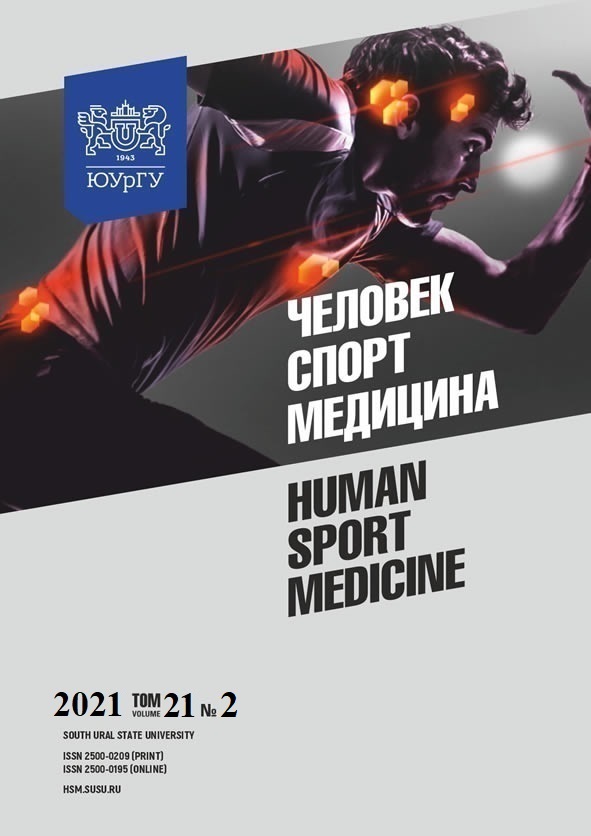RELATIONS BETWEEN TIME SPENT WITH FAMILY AND SOME DEVELOPMENTAL RISKS IN PRESCHOOL CHILDREN: OBESITY AND EXTERNALIZED / INTERNALIZED RISK BEHAVIORS
Abstract
Aim. The objectives of this research are to analyse the ways how a child spends time with his/her family as well as the child's developmental risks of obesity and risk behaviours in the kindergarten and to determine whether the different ways of spending time with the family are connected to the two types of developmental risks in children (risk behaviours in the kindergarten and the risk of obesity in children). Materials and methods. With a sample of 122 participants aged 3–5 years from the city of Rijeka and its surroundings, a survey questionnaire was used to assess how children spend their time with their parents when they are not attending the kindergarten and how much time they spend walking, riding a bicycle, swimming, playing on the computer, or watching television and what their body mass index and risk of obesity index are. The second part of the questionnaire was filled out by the preschool teachers and it assessed children's externalized and internalized risk behaviours in accordance with the SCBE Scale. Results. The obtained results indicate that the older the child, the more time he/she spends on the computer. The analysis of sex differences found only that girls spend more time swimming than boys. There are some weak but significant links between the length of time a child spends watching media content while with the family and risk behaviours in the kindergarten and other developmental risks such as obesity. Conclusion. However, additional research is needed to determine the applicability of the results in preventing unfavourable child development.
References
References on translit
Copyright (c) 2021 Human. Sport. Medicine

This work is licensed under a Creative Commons Attribution-NonCommercial-NoDerivatives 4.0 International License.















